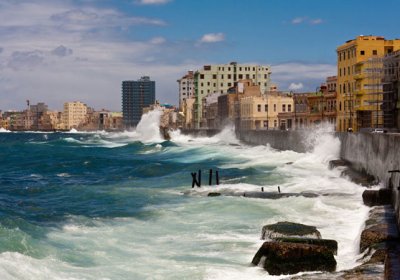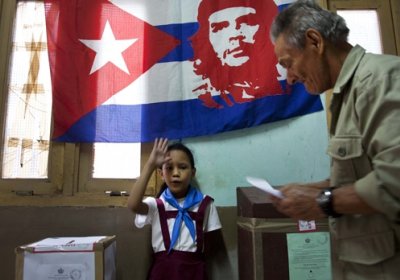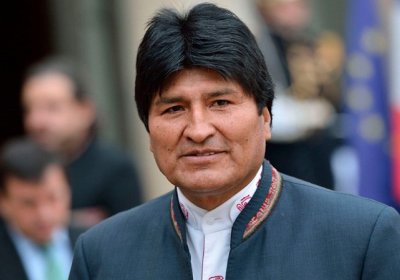More than 600 delegates in Cuba’s National Assembly of People’s Power, the country’s highest decision-making body, approved the draft of a new Constitution on July 22. It came after two days of debate in which more than 100 delegates participated, writes Helen Yaffe.
Cuba
What is to be done about high temperatures, rising sea levels and increasingly powerful hurricanes? What can we do to be less vulnerable to climate change? Yisell Rodríguez Milán and Danae González Del Toro take a look at how socialist Cuba is addressing climate change.
Cuba’s “Project Life” action plan outlines eleven projects to help the island nation adapt to climate change.
Hundreds of popular organisations and social movements from across Latin America and the Caribbean met at the Summit of the Peoples in Lima, Peru, over April 10-14.
What’s the fate of Cuba in the age of Trump? It is not an easy question to unravel, but Canadian author and journalist Arnold August provides some answers in his latest book, Cuba-US Relations: Obama and Beyond.
Although the media spends a lot of time portraying Cuba as a “dictatorship”, it has barely covered the fact that Cubans have once again begun a process of electing officials, starting from the local and going all the way up to the national parliament.
Cuba has rejected outright new US restrictions that took effect on November 8, describing them as confirming an "upsurge" of the blockade imposed by Washington since 1962.
Cuba's top diplomat for the Americas, Josefina Vidal, said during a press conference on November 7 that the new measures to prevent US trade with and travel to the Caribbean island were "arbitrary."
October 9 marks the 50th anniversary of the CIA-ordered assassination of Che Guevara.
In light of a recent upsurge in denunciations of Che and the Cuban Revolution, it is important to separate fact from fiction.
Mudslides in Freetown, Sierra Leone killed about 1000 people on August 14, mostly inhabitants of the urban slums in the hills above the capital.
Cuban brigades and volunteers are continuing the arduous task of rebuilding after the damaging and deadly effects of Hurricane Irma, one of the most powerful storms to hit the region that left dozens dead and caused widespread damage.
Described by meteorologists as one of the most powerful hurricanes to hit the Caribbean in a century, Irma left a path of widespread destruction in Cuba and several north-eastern Caribbean Islands, especially Barbuda.
As Barbuda, part of the Caribbean island nation of Antigua and Barbuda, reels from having almost the entirety of its infrastructure and 95% of its homes destroyed due to Hurricane Irma, the International Monetary Fund (IMF) has rejected a moratorium proposal to discuss the island's US$3 million dollar debt.
Bolivian President Evo Morales has rejected the United States economic blockade imposed on Cuba, as well as President Donald Trump’s decision to backtrack on the normalisation of diplomatic relations with Havana.
In a public letter sent to his Cuban counterpart Raul Castro, Morales repeated his nation’s “unconditional support and solidarity” with the Cuban Revolution and the “most heroic people of the continent”.
- Previous page
- Page 7
- Next page











